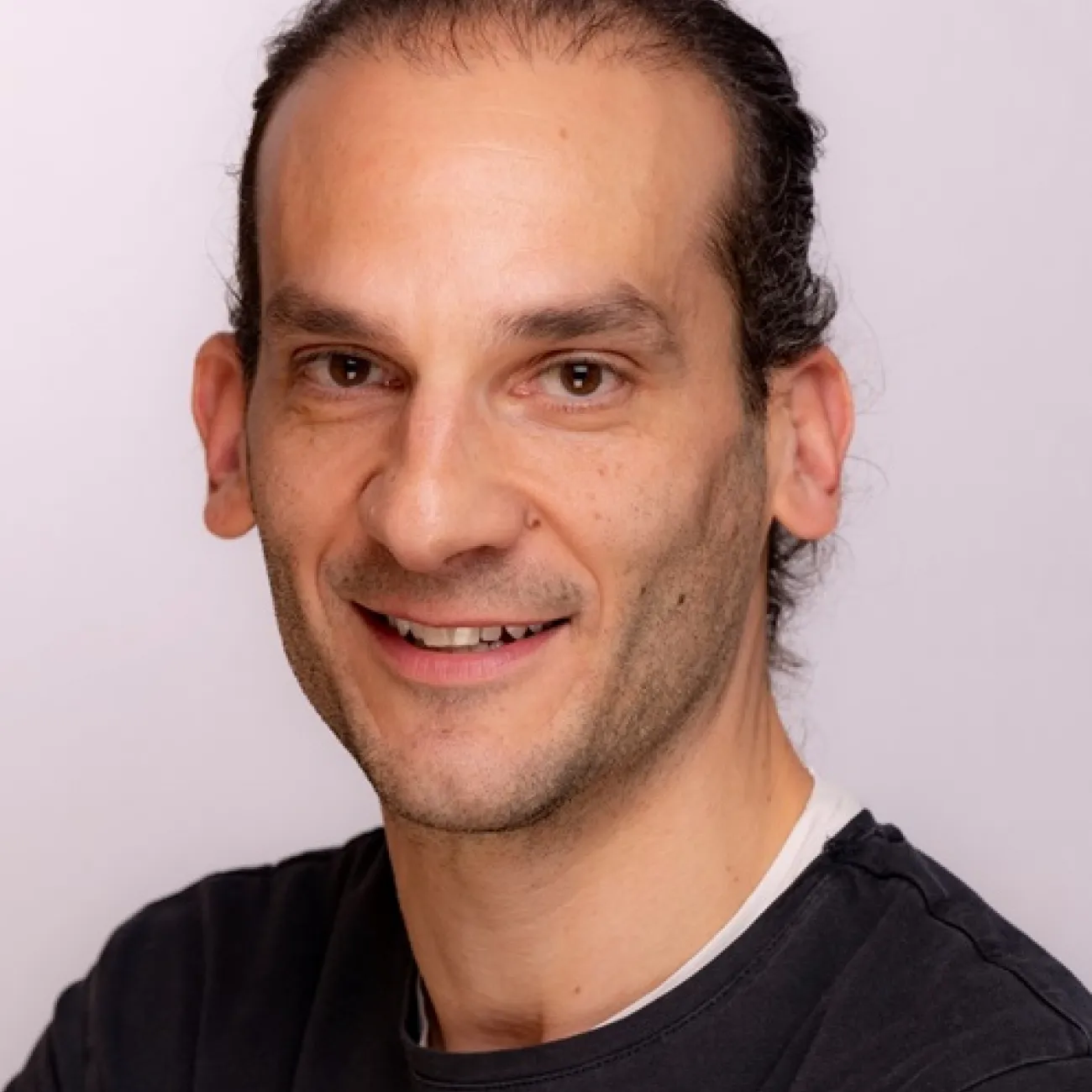About
I obtained my PhD while working in the lab of Prof Chris Turner at SUNY Upstate Medical University in Syracuse, New York investigating the role of focal adhesion proteins during epithelial-mesenchymal transformation and their influence on cytoskeletal rearrangement during cell migration/invasion. Following on from this, I was a postdoctoral fellow with Cancer Research UK at the Cambridge Institute in Cambridge, UK working in the lab of Prof James Brenton investigating the mechanisms of cell-extracellular matrix interactions and their relationship to therapeutic resistance in ovarian cancer. Following on from this, I was a Research Associate at the CIMR in Cambridge, UK working in the lab of Prof Folma Buss interrogating the function of actin motor proteins and associated adaptor proteins in autophagy, a cytoplasmic degradation pathway. More specifically, this work has defined how autophagy receptor specificity towards distinct cargo is coordinated and what determines their individual cellular role. I joined Biological Sciences at the University of Southampton as a Lecturer and Group Leader in Biomedical Sciences in 2014, where our group is interested in investigating areas of endosomal adaptor function, autophagy, and mitochondrial quality control.
Research
Research groups
Research interests
- Membrane Trafficking
- Autophagy
- Mitochondrial Quality Control
- Lysosome
- Vesicle Transport
Current research
We are a cell biology lab that is interested in understanding fundamental pathways of cell physiology and the mechanisms that drive disease. Our current research focuses on investigating the cellular mechanisms and molecular machinery required for subcellular trafficking of membrane associated and cytoplasmic cargo via the endolysosomal system and autophagy. These pathways are essential to regulate cell homeostasis by mediating signal regulation, receptor turnover, maintenance of energy stores, degradation of misfolded proteins and damaged organelles, and control of pathogen invasion. Currently our lab has a particular interest in understanding the mechanisms of mitochondrial quality control, from investigating whole mitochondrial clearance by mitophagy to repair routes such as the mitochondrial derived vesicle pathway.
In our lab, we utilise cell and molecular approaches to investigate the mechanisms of vesicle trafficking along the endolysosomal and autophagic pathways. Our research approach encompasses deciphering mechanisms of cargo identification and delivery, impacts on signal regulation, and their collective effect on cell phenotype. We utilise siRNA-mediated knockdown and CRISPR-Cas9 gene knockout approaches coupled to reconstitution experiments to determine functional mechanisms. We use biochemical techniques to investigate protein-protein interactions and signalling perturbations, as well as advanced imaging to explore spatial and temporal subcellular localisation. These approaches will provide vital details of the cellular and molecular requirements for receptor as well as cytosolic cargo trafficking and degradation, and their relationship to cell function. This will provide deeper insight into aspects of cell physiology focused around cell homeostasis, and give molecular details into the pathogenesis of diseases such as cancer and neurodegeneration, which manifest as a result of dysfunction in many of the pathways we study.
Research projects
Completed projects
Publications
Pagination
- 1
- 2
- 3
- 4
- 5
-
Next page
Next
Teaching
I am a lecturer across all levels of undergraduate teaching, focused on fundamental areas of cell biology. I am coordinator of the Cancer and Chromosome Biology module for undergraduate and postgraduate students. I supervise 3rd and 4th year undergraduate projects, both research based as well as Biobusiness and literature projects. I was previously the Employability Lead for Biological Sciences, providing support for undergraduate students to improve their employability skills as well as support and advice on summer and year long placements. I am currently the lead for the Biochemistry undergraduate programme, which comprises both BSc and MSci degrees.
External roles and responsibilities
Biography
Career history
2014-present: Lecturer in Biomedical Sciences. Biological Sciences, University of Southampton, UK.
2010-2014: Research Associate. Cambridge Institute for Medical Research, University of Cambridge, UK.
2007-2010: Postdoctoral Fellow. Cancer Research UK, Cambridge Institute, Cambridge, UK.
Academic qualifications
2016: PGCert Academic Practice, University of Southampton, UK
2006: PhD Anatomy and Cell Biology, with distinction; SUNY Upstate Medical University, Cell and Developmental Biology Department, Syracuse, New York, USA
1999: BSc Biochemistry, cum laude; Binghamton University, Biological Sciences Department, Binghamton, New York, USA
